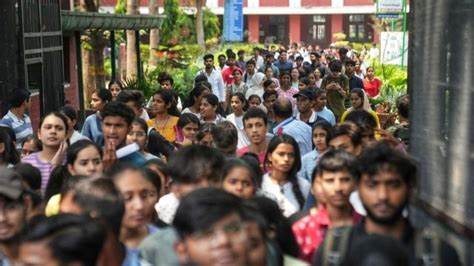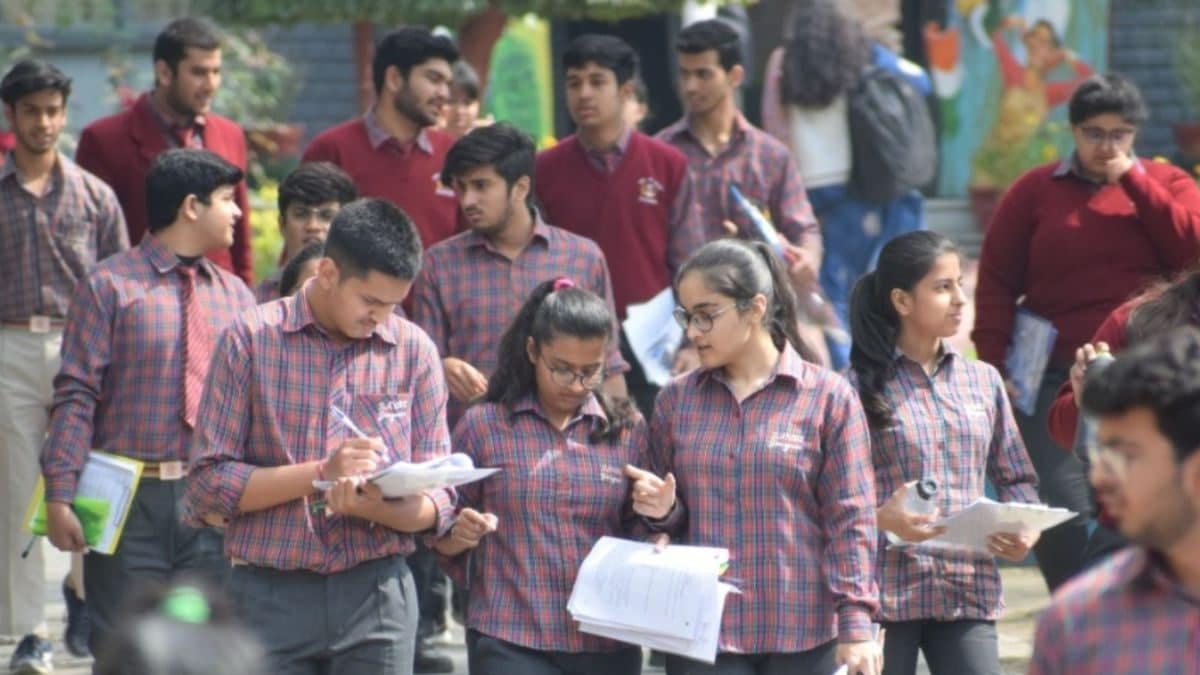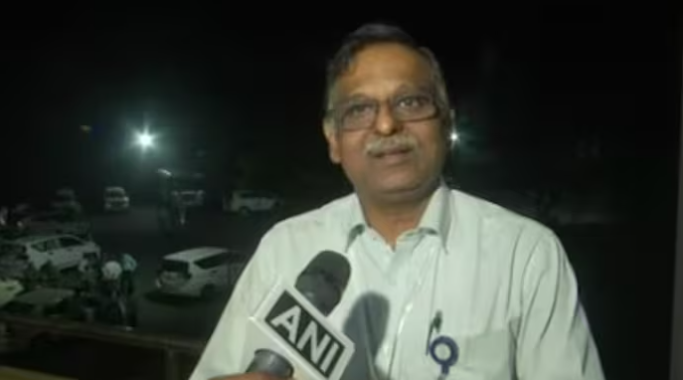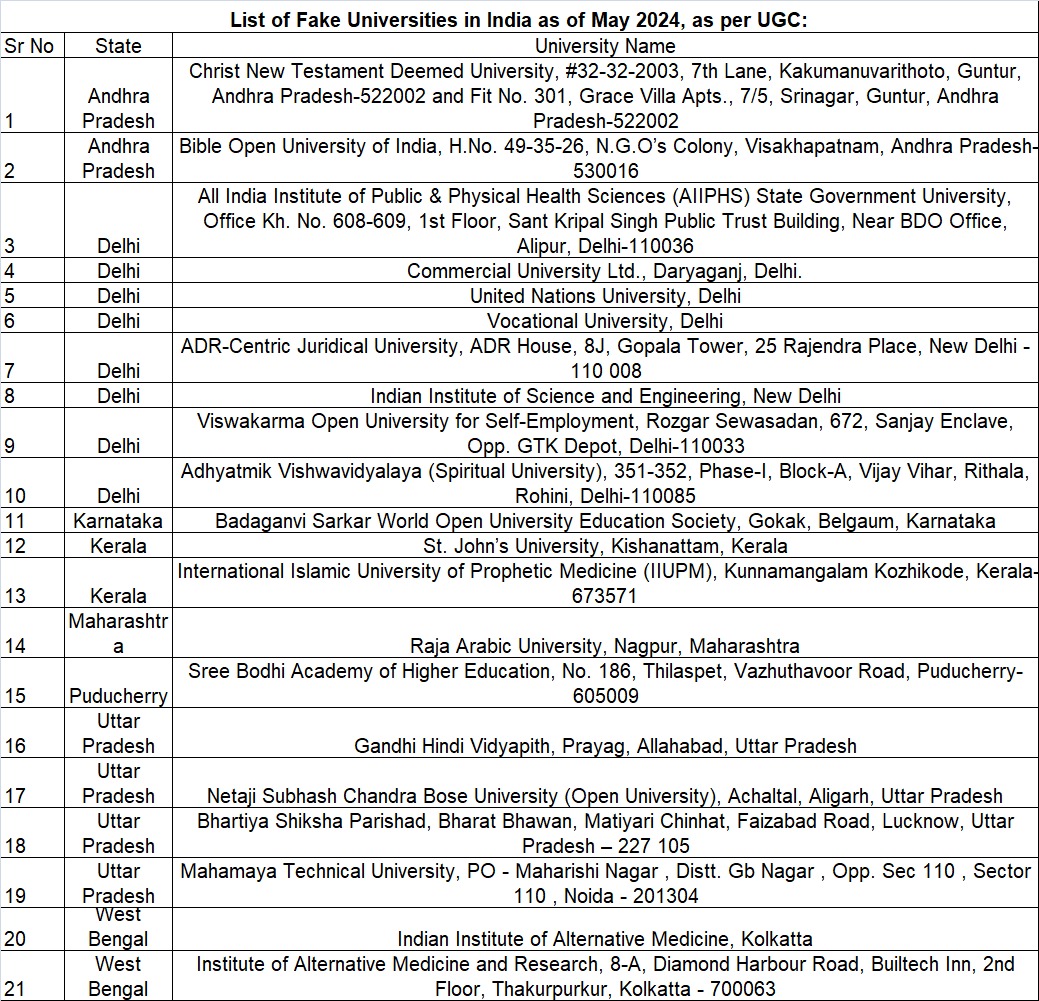Over 3,000 BTech, MTech seats vacant in IITs, NITs due to unpopular courses
Unfilled BTech and MTech courses are rampant in some of the esteemed public institutions, which experts attribute to an inability to keep up with less sought-after course intake. Issues like these are highly concerning for the IITs and NITs institutes.
Under RTI, The Telegraph has obtained certain information about the number of vacant seats this year for the 13 IITs and 276 BTech, and 1165 seats in MTech and MSc programmes went unfilled.
This has led to an increased degree of unfilled seats in the NITs too, including 401 unfilled seats in BTech and 2604 degrees in MTech & MSc spread across the 19 NITs.
Different IITs have diverse rates of vacancy. For example, in IIT Dhanbad, which has 1,125 BTech seats, they reported 72 unfilled seats for 2024. In the 234 unfilled postgraduate programs, the year for 2023-2024 and the year for 2022-23 had 67 and 53 vacancies respectively.
In BTech this year, IIT Guwahati has also seen an increase in vacant seats with a total of 37. Other IITs have not yet presented or disclosed their vacancy numbers.

















